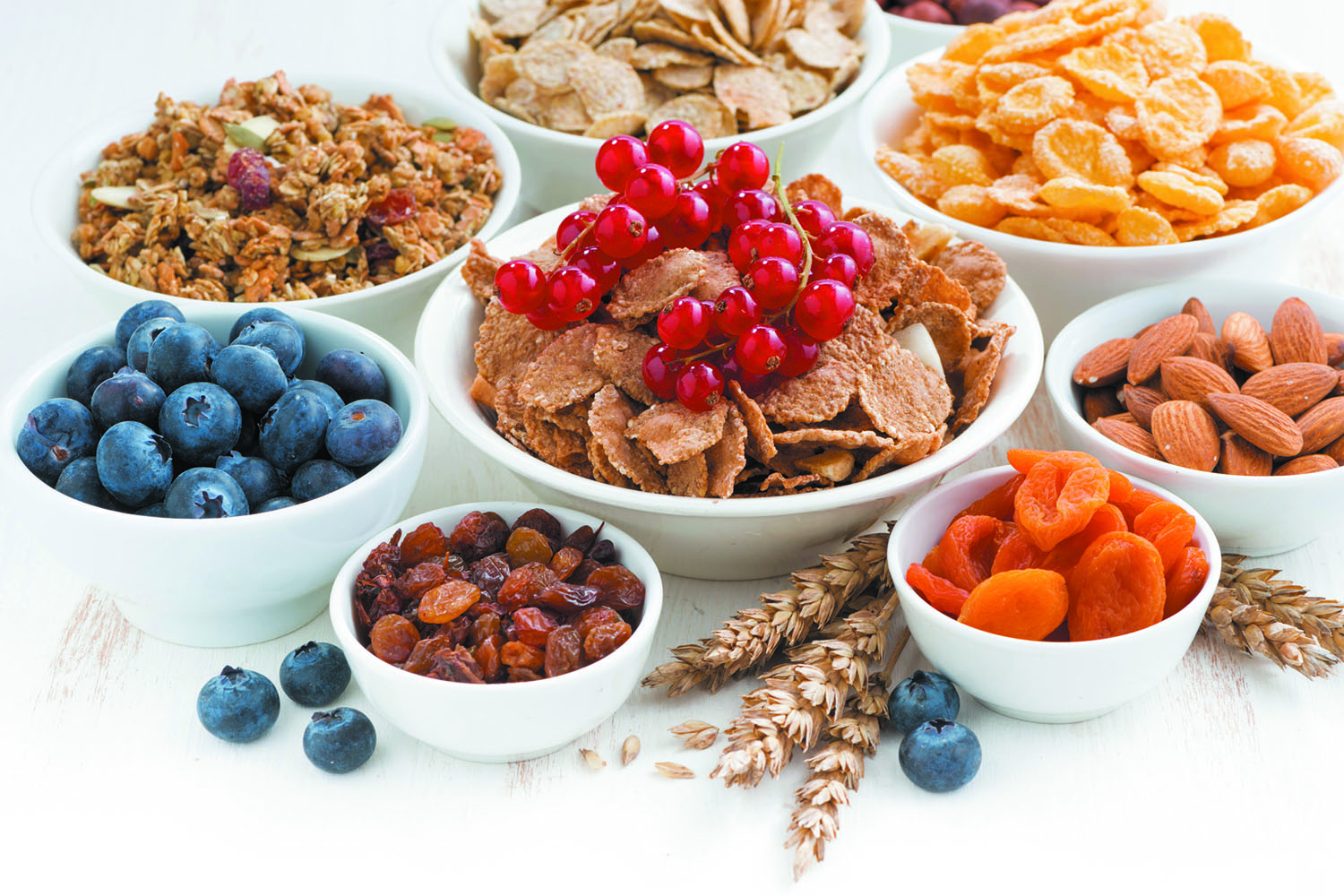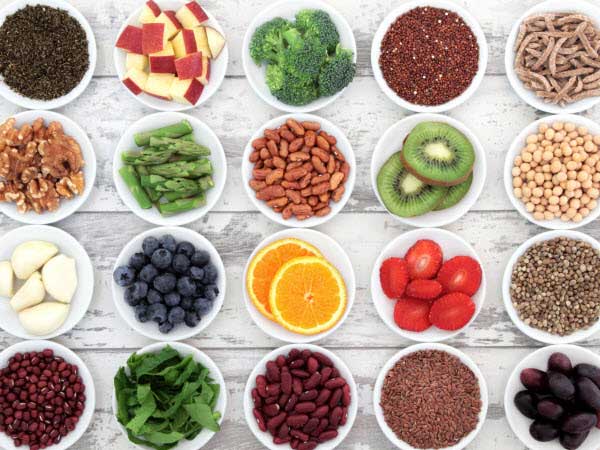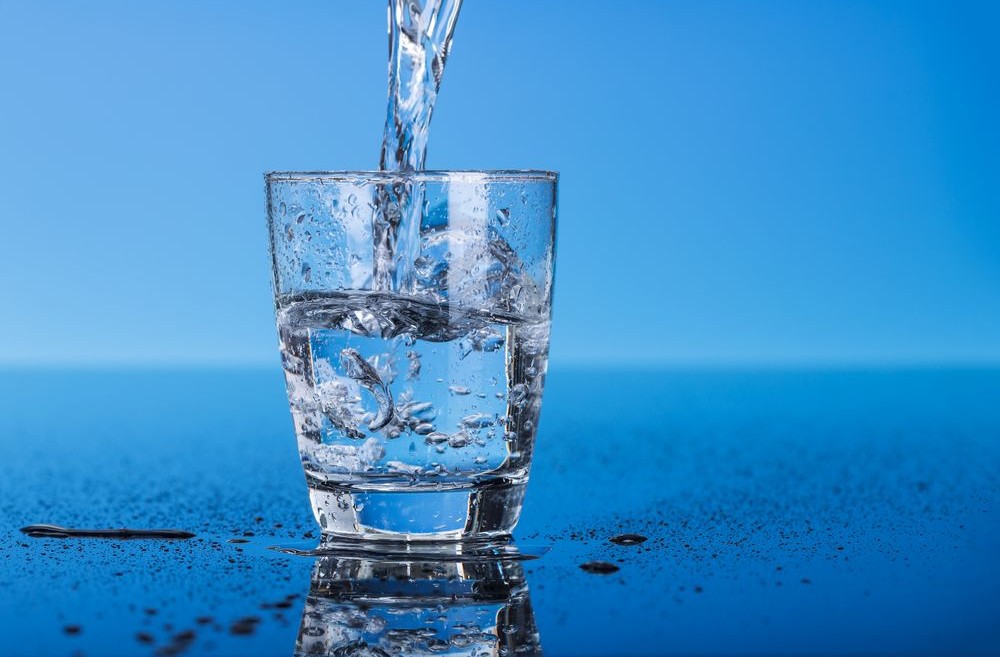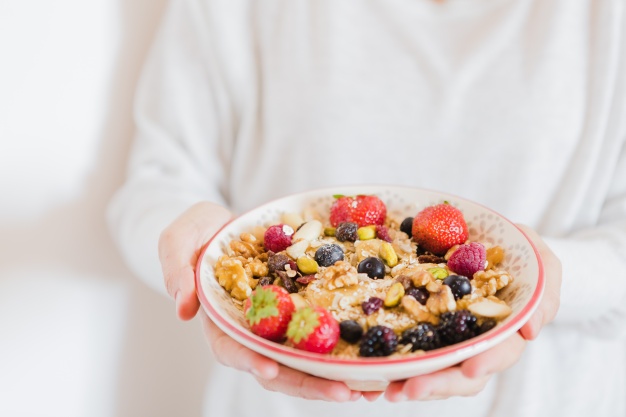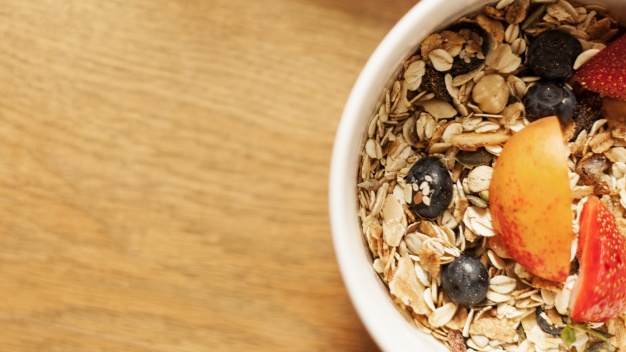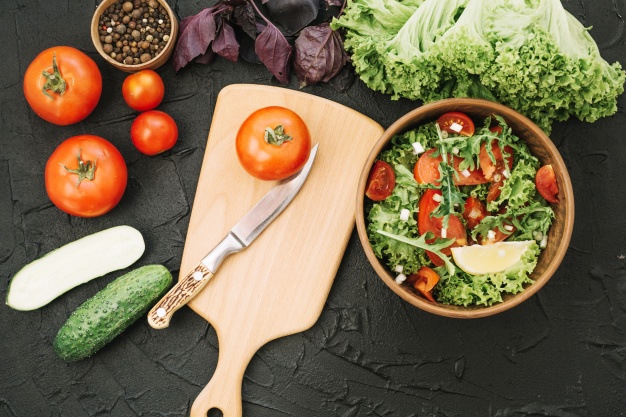As you flop on your couch, lie down and stare at the ceiling, you wonder why you are so exhausted. It was not the day that had been longer or more eventful than usual so what’s making you feel so tired?
Summers are one of the biggest causes for energy depletion. The obvious solution, of course, is to drink a lot of fluids: 10-12 glasses a day is not just preferred, it’s mandatory. Mix it up as well. Top up with chaas, nimboo paani, and the like to have a productive day. But that’s not why I’m writing this column. My point is that what and how you eat could also be the reason of your fatigue.

The best way to explain the relationship between energy levels and nutrition would be to understand it in terms of your blood sugar levels. Your blood sugar level needs to be stable through the day for you to feel energetic. Certain foods help keep it stable while others spike it (making you super energetic in the short term) and then send it crashing down (making you feel so tired at the end of the day, that it’s hard for you to even lift your finger), not to mention the temper flares.
Sugary and High GI foods, like cakes, chocolate, sweets, sugary drinks, cocktails, white flour etc., spike your blood sugar. Opt for the following slow-release sugars and eating habits to feel better.
1. FRUIT
You’d be surprised at how beautifully fruit helps you feel energised and active. About three medium-sized seasonal fruits a day -each eaten at different times and at least two hours apart -is a great and fairly unobtrusive way to snack with benefits.
2. FRESH VEGETABLES
Whether you make a salad or a freshly cooked bhaji, eat them as a main dish or include them as a sneaky side show, invite more fresh vegetables in your life. In addition to managing your sugar levels, they overflow with vital vitamins and minerals, which are good for you. During peak summer, I prefer my veggies raw, sans he extra masalas and garlic-ginger paste chop them finely, add some healthy sprouts, chat masala and fresh coriander chutney. Chilled yogurt and rice can be happy adjuncts to make a complete meal.
3. VEGETABLE JUICES
Even unsweetened fruit juices are high in sugar. Vegetable juices work brilliantly to keep your body functioning well. Blend three different raw vegetables in a mixie. Add half the pulp back to the juice, top up with water, and season to taste. Drink daily.
4. GOOD QUALITY PROTEIN
Egg whites and lean protein are key to beating fatigue. Red meats have a lot of saturated fats and the body takes more effort and time to digest it, ultimately making you feel sluggish.
5. BREAK UP YOUR MEALS
Eating every two hours works brilliantly to manage your sugar levels, giving you a moderated supply of energy throughout the day. All you have to do is break up your three square meals into smaller meals; it’s really that easy.



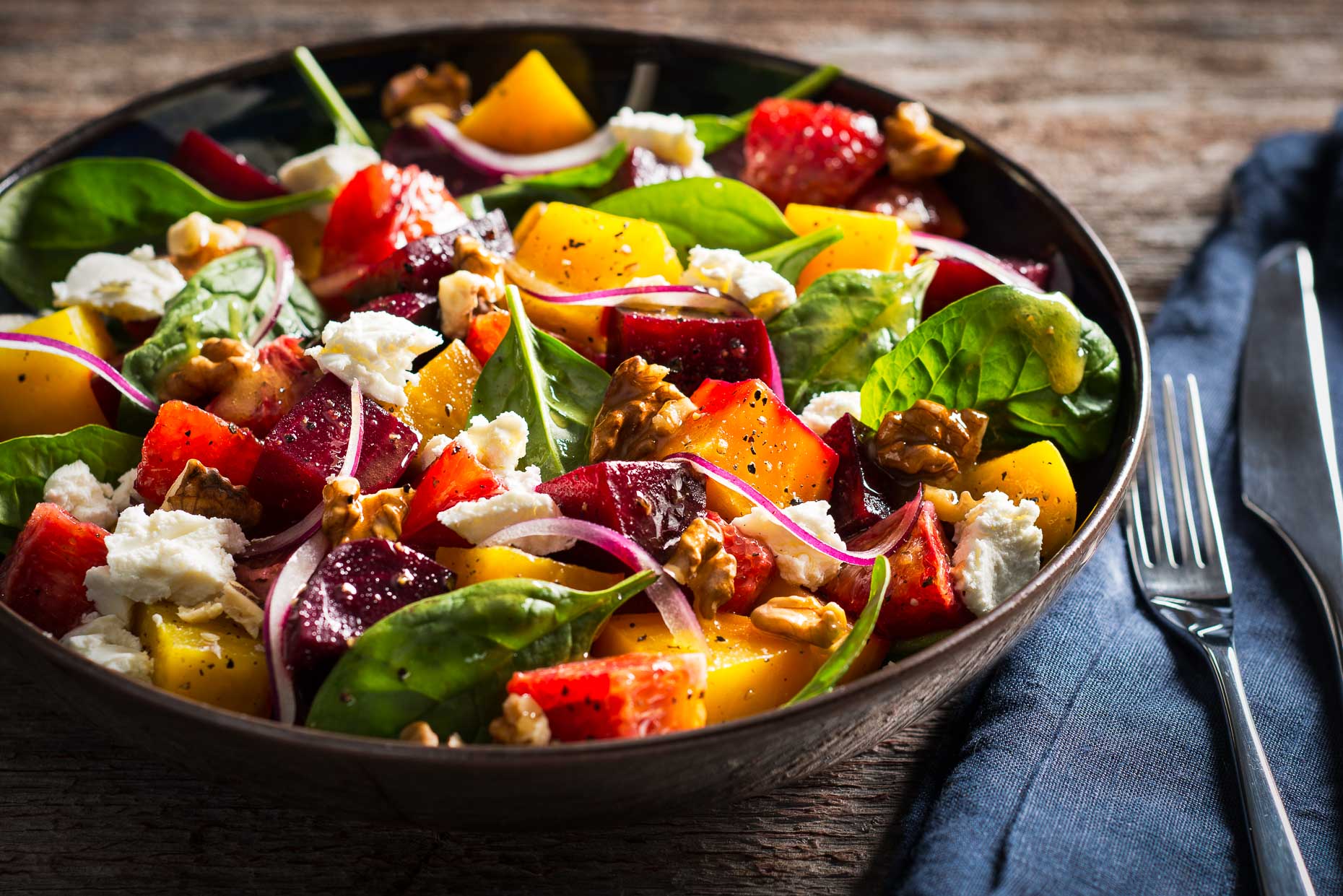
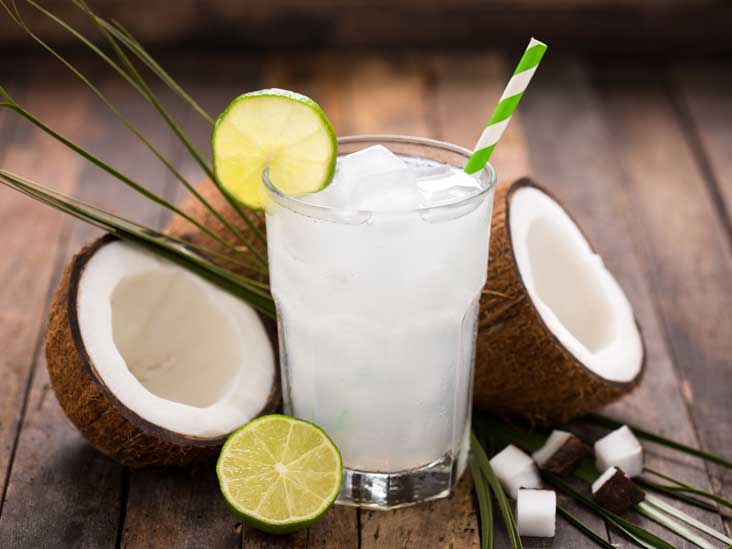
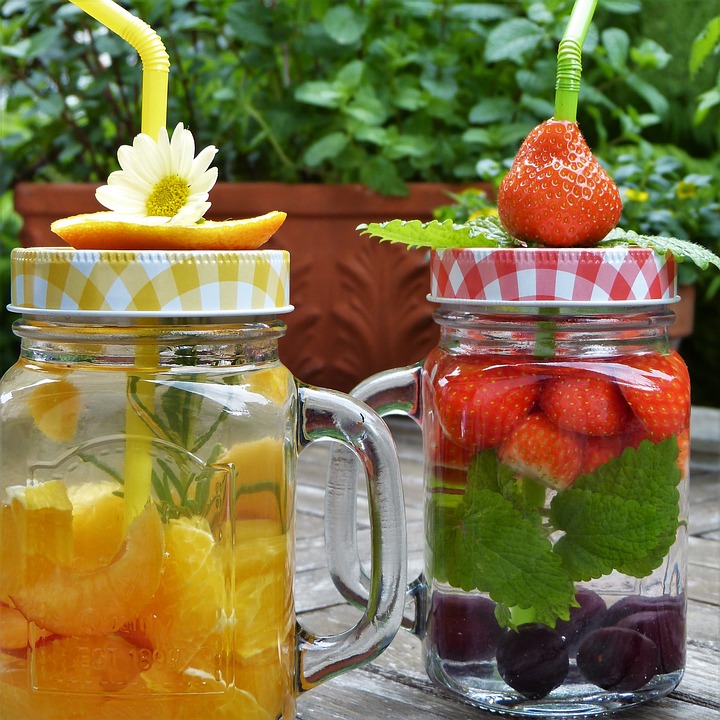
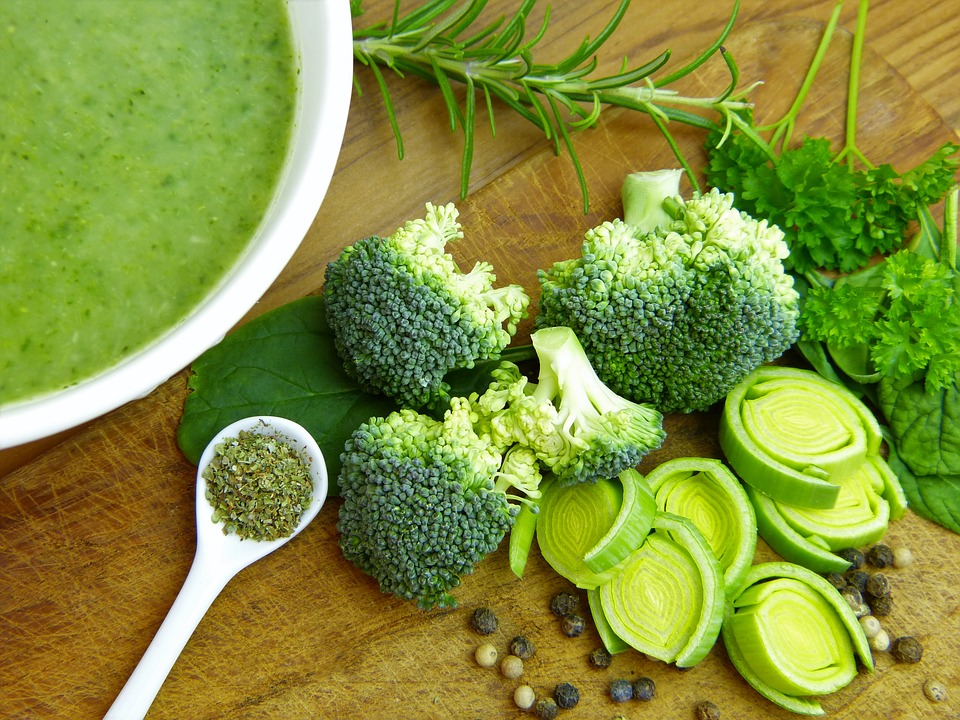 Give a nod to sautéed greens this season. These are light, can be made very appetising and always bring nice gifts with them like reduced cholesterol, cancer-fighting abilities, antiaging benefits, powerful vitamins and energy.
Give a nod to sautéed greens this season. These are light, can be made very appetising and always bring nice gifts with them like reduced cholesterol, cancer-fighting abilities, antiaging benefits, powerful vitamins and energy.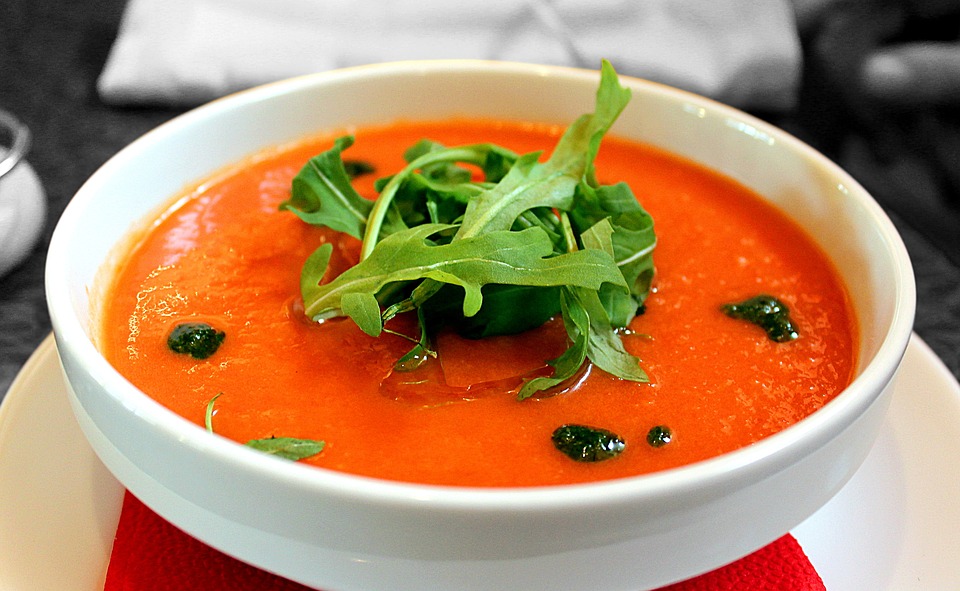
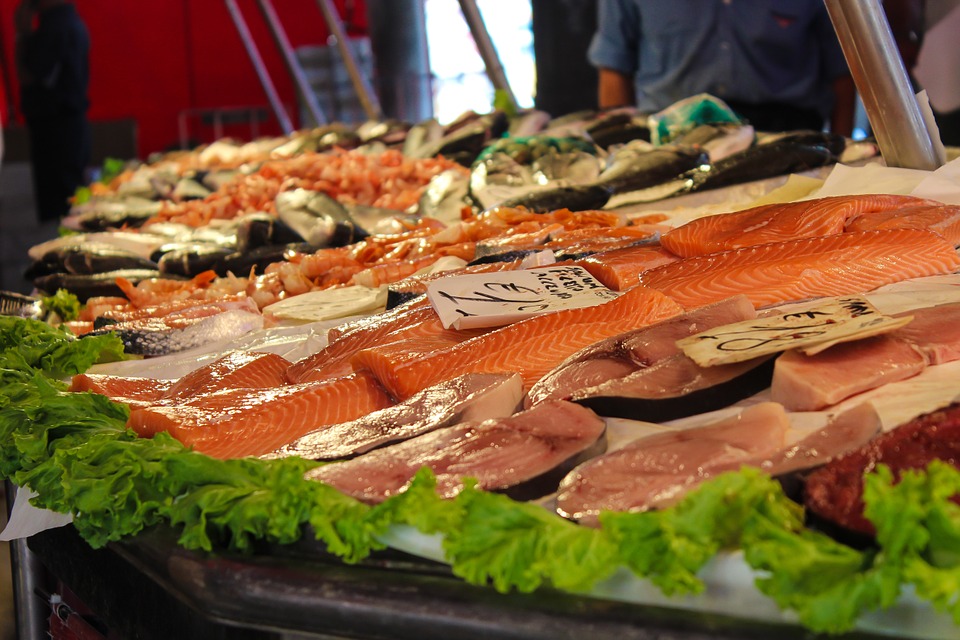 Proteins are harder to digest in general and coupled with heat and dehydration, they leave you feeling uncomfortable and nauseous. The recommended daily intake of protein is one gram per kilo of ideal body weight (the appropriate weight for your height). So, no matter what you currently weigh, if your
Proteins are harder to digest in general and coupled with heat and dehydration, they leave you feeling uncomfortable and nauseous. The recommended daily intake of protein is one gram per kilo of ideal body weight (the appropriate weight for your height). So, no matter what you currently weigh, if your 
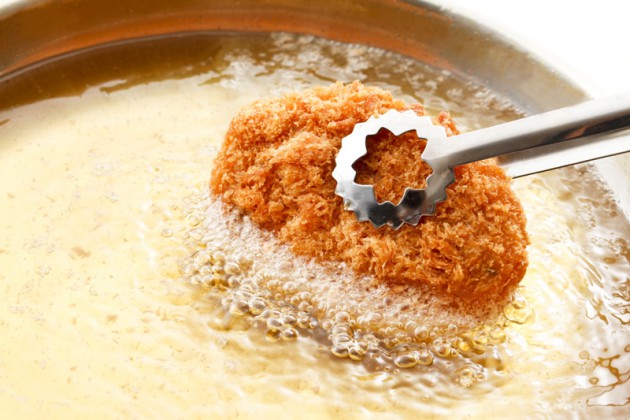
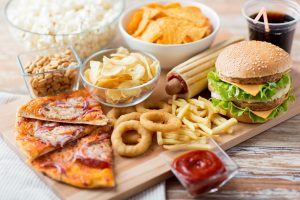
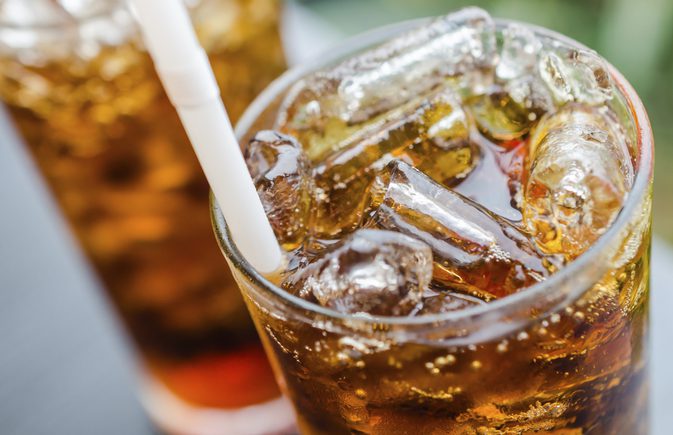
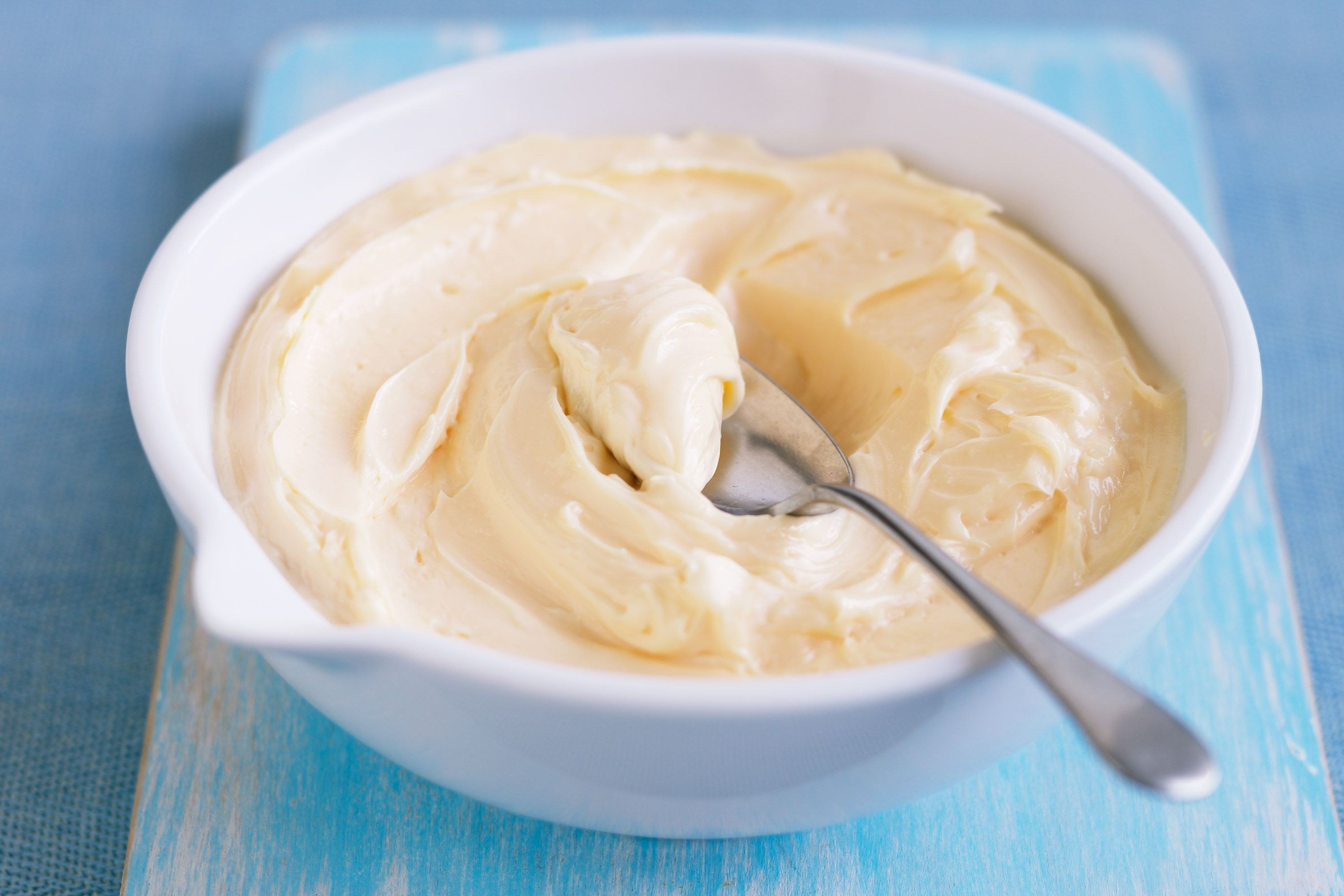 2. MAYONNAISE If you are happily throwing in mayonnaise into your salads and sandwiches thinking it brings in taste and variety, you may as well be clogging your arteries with sticky lard.
2. MAYONNAISE If you are happily throwing in mayonnaise into your salads and sandwiches thinking it brings in taste and variety, you may as well be clogging your arteries with sticky lard. 3. FLAVOURED YOGURT Something that is actually very healthy can be easily turned into an absolutely unhealthy food item simply by adding loads of sugar, cream and artificial flavours. Yes, I am talking about yogurt. Why turn this healthy probiotic snack (which it is originally famous for) into a dessert item? If you are using flavoured yogurt as an alternative to ice-creams and pastries, it is definitely a wiser option but if it’s stocked in the fridge as a healthy, low calorie, portable snack, get rid of it rightaway.
3. FLAVOURED YOGURT Something that is actually very healthy can be easily turned into an absolutely unhealthy food item simply by adding loads of sugar, cream and artificial flavours. Yes, I am talking about yogurt. Why turn this healthy probiotic snack (which it is originally famous for) into a dessert item? If you are using flavoured yogurt as an alternative to ice-creams and pastries, it is definitely a wiser option but if it’s stocked in the fridge as a healthy, low calorie, portable snack, get rid of it rightaway.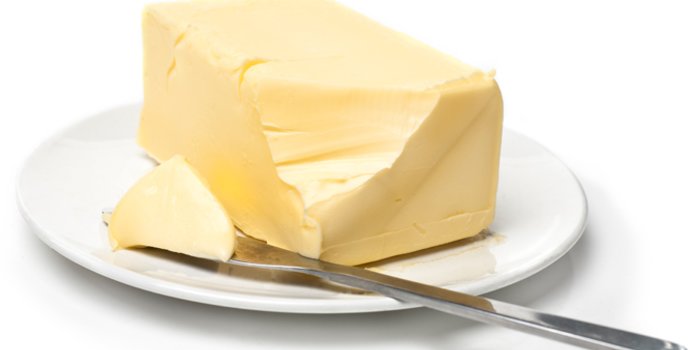 4. MARGARINE Marketed as a healthier option to butter, margarine is anything but that. It is loaded with partially hydrogenated fat which increases the LDL (bad) cholesterol and thus increases the risk of heart diseases and inflammation, a known trigger to premature aging.
4. MARGARINE Marketed as a healthier option to butter, margarine is anything but that. It is loaded with partially hydrogenated fat which increases the LDL (bad) cholesterol and thus increases the risk of heart diseases and inflammation, a known trigger to premature aging.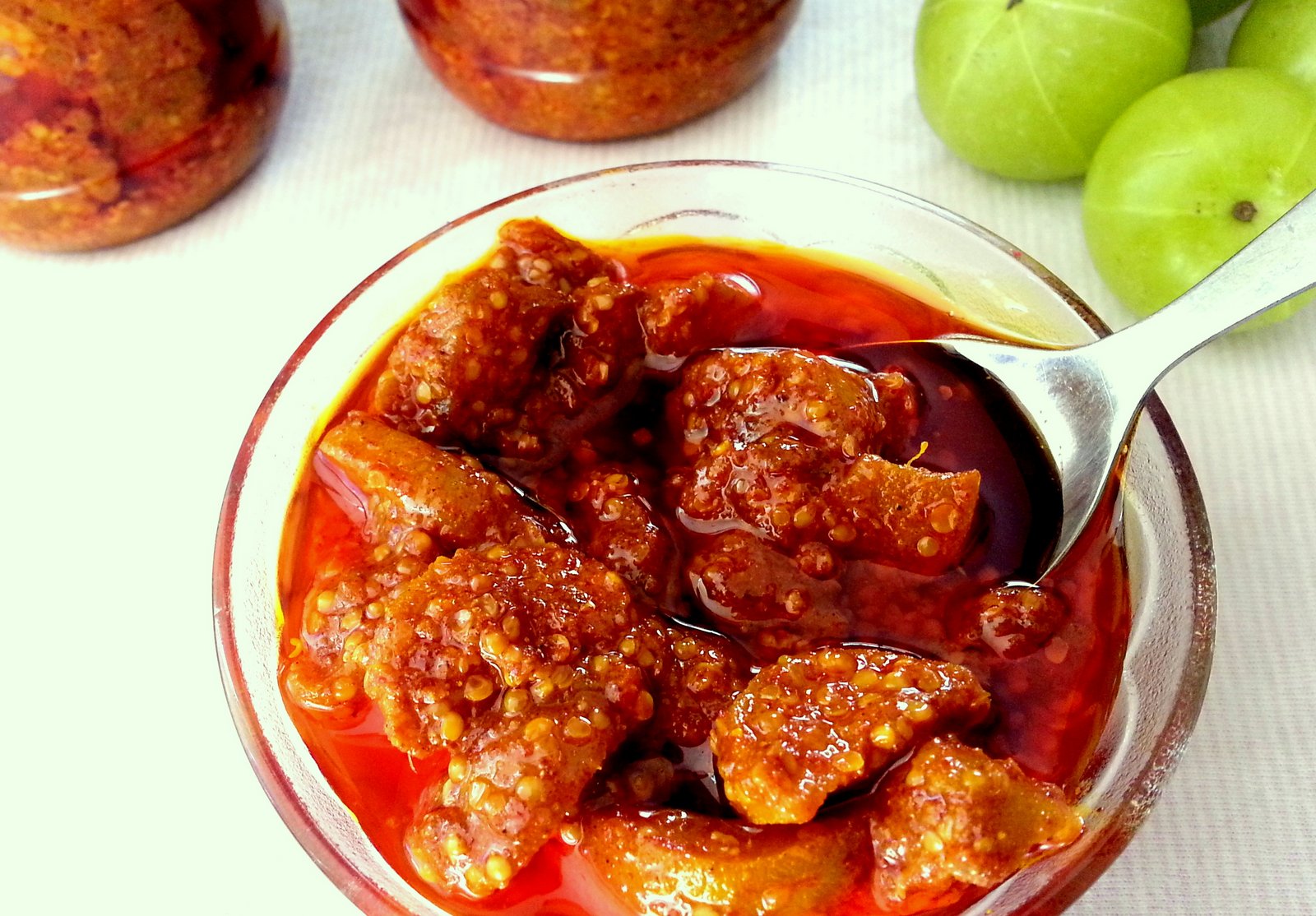 5. PICKLES They add a dash of spice and flavour to your daily meals, thus helping break monotony of everyday cooking styles. But remember, that along with its ichness in taste, pickles are a high source of oil and sodium. The additional oil (since cooked meals have already exhausted your daily oil quota) plays havoc with our lipid profile and ts a load on the heart, and the puts a load on the heart, and the excess sodium (since our meals already take care of our daily salt requirements) spoils the electrolyte balance and thus affects blood pressure.
5. PICKLES They add a dash of spice and flavour to your daily meals, thus helping break monotony of everyday cooking styles. But remember, that along with its ichness in taste, pickles are a high source of oil and sodium. The additional oil (since cooked meals have already exhausted your daily oil quota) plays havoc with our lipid profile and ts a load on the heart, and the puts a load on the heart, and the excess sodium (since our meals already take care of our daily salt requirements) spoils the electrolyte balance and thus affects blood pressure.